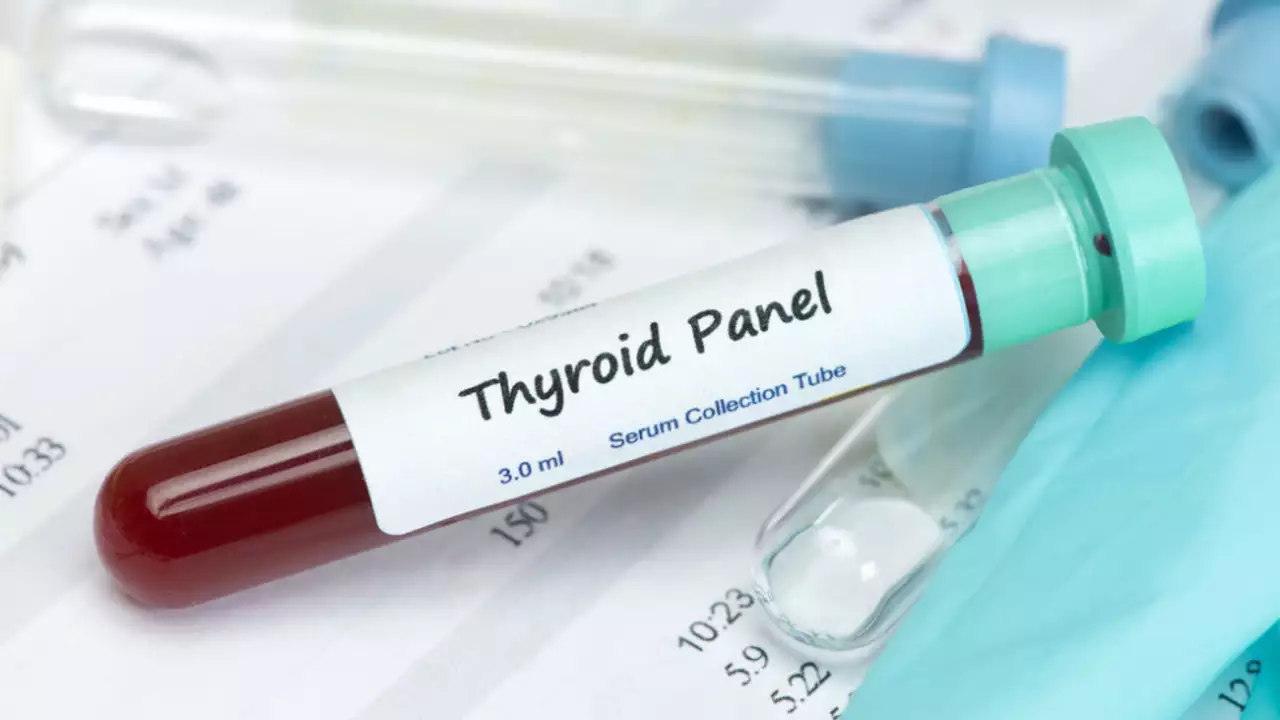Thyroid function basics
Thyroid function matters more than people realize. The thyroid is a small gland in your neck that controls energy, mood, weight. When it runs slow or fast you notice changes — fatigue, weight gain or loss, hair changes, or feeling cold. The good news: tests exist and most causes are treatable.
Tests to check
Common tests include TSH, free T4, and free T3. TSH is the best check because it tells whether your pituitary thinks the thyroid is working. Low TSH usually means an overactive thyroid. High TSH points to underactivity. If results are unclear doctors may check thyroid antibodies like anti-TPO to spot autoimmune causes such as Hashimoto's disease.
What usually disrupts thyroid function? Autoimmune disease is the top cause of chronic problems. Iodine deficiency still appears in some regions and can cause underactive thyroid. Certain medicines — lithium, amiodarone, and interferon — can change thyroid levels. Pregnancy and aging shift normal ranges. Even long term stress and poor sleep affect how you feel, though they don’t directly change every thyroid lab.
Simple tips
Small lifestyle steps help support healthy thyroid function. Eat enough iodine from iodized salt, seafood, or dairy if your diet allows. Selenium, found in Brazil nuts and fish, supports conversion of T4 to active T3 in some people. Don’t overdo soy or raw cruciferous vegetables if you have low thyroid; cooking reduces their goitrogen effect. Keep consistent with thyroid medication timing: take levothyroxine on an empty stomach and wait 30–60 minutes before eating or taking supplements, especially calcium or iron, which block absorption.
When should you see a doctor? Get tested if you have persistent unexplained fatigue, sudden weight change, irregular heartbeats, swelling in the neck, or mood changes. If you are on thyroid medication and still feel unwell ask for a review — dose adjustments or checking antibodies can change the plan. Women considering pregnancy or who are pregnant should check thyroid function since untreated problems raise pregnancy risks.
Short-term fixes and supplements can help but don’t replace proper diagnosis. If labs show thyroid disease, treatment options include replacement with levothyroxine for underactivity or antithyroid drugs, radioactive iodine, or surgery for overactivity depending on the cause and your preferences. Regular monitoring keeps treatment safe and effective.
Want quick next steps? If you suspect a thyroid issue, book a blood test for TSH and free T4, bring a list of symptoms and meds to your appointment, and avoid taking thyroid meds before testing. That gives your clinician the clear data needed to act.
After a diagnosis your doctor will usually recheck labs every 6–12 weeks until levels stabilize. Once stable, tests repeat every 6 to 12 months or sooner with symptoms. Tell your provider about supplements like biotin — high doses can skew thyroid lab results. Keep a single pharmacy for refills to prevent brand switches that sometimes alter absorption. If you travel, carry a prescription and original packaging for security checks and continuity. Get a written treatment plan from your clinician today please.

